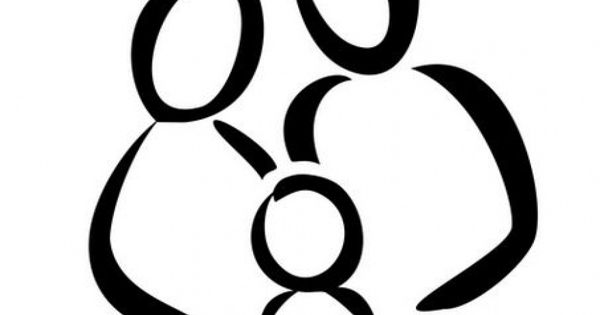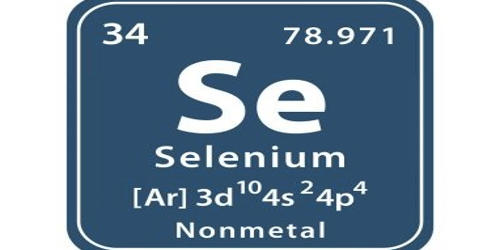Sports have professionals all over the world. Men who have become proficient in certain games or sports have used their talent as an ostensible means of earning a livelihood. Since sports have got a large spectacular appeal, people are naturally willing to pay for witnessing the exhibition of skill or strength that the sportsman has acquired. The boxer, the wrestler, the cricketer, the footballer certainly have as much right to earn a livelihood by displaying their particular talent as the dancer or the actor may have.
There is nothing inherently wrong with this. All men are not constituted in the same way. Surely a man has as much right to make a living by his brawn as he has by his brains. Professional sportsmen spend much time and labor to acquire proficiency just as members of any other profession do. Hence it is quite legitimate if they try to use their skill to earn a profit. They do not exploit anybody for this purpose. Nor do they sin against the moral sense of mankind. Their income is legitimately earned. People pay willingly and gladly for the joy that they give the recreation that they provide. They have the better right to their earnings than those who use their opportunities for enjoying an unearned profit.
If that be so, why is the professional sportsman looked upon with disfavor in certain quarters? To some extent, it is the result of a sort of snobbery on the part of intellectual and social highbrows.
Being non-intellectual they are relegated to an inferior category. The amateur sportsman is accounted superior because he is rich enough to afford not to put his talents to earn a livelihood. These prejudices, of course, are now dying out. There was a time when professional cricketers inland were allotted separate tents. This was chiefly because they came from a ‘lower’ social class and were not accounted fit to hob-nob with ‘gentlemen’. It was Indian prince Ranjitsingji-‘Ranji’ to the world-who put an end to his meaningless snobbery. Today in the west, professional sportsmen are paid high fees in order to add to the prestige of clubs and to earn gate money for the promoters. The conferring of a knighthood on the English football professional Stanly Matthews has removed the last stigma on professionalism as such. This has brought them a higher social status.
The only valid argument against professionalism in sports is that the profession is non-productive. It creates no tangible good. But that is a wrong kind of materialistic approach. After all to create joy and happiness are as much of social good as any marketable commodity. After a day’s hard work in an office and factory, it is good to fill the galleries of a stadium and witness exhibitions of strength and skill. Who will deny the social utility of these recreations? The professional sportsman really stands on the same level as the professional musician.
Thus viewed without prejudice there is really nothing to be said against open professionalism in sports. But there are certain offshoots that deserve to be condemned. Many sportsmen are driven to practice professionalism in secret because clubs have to maintain amateur status. This creates underhand practices. If professionalism was recognized openly, this sort of practice would cease to exist. Whatever is driven underground is bad. Amateurism is not to be condemned, but it should not be given a superior status. In India, officially we do not recognize professionalism in any sports, except perhaps in wrestling. This gives rise to many cases of abuse. It drives professional underground.
Furthermore, those who are parasites of sports-the book-maker for example, -or that dubious figure, the ‘promoter’ – are the real villains in the world of sports. They earn an undeserved middleman’s profit. They have to be ruthlessly eliminated. The Olympics or Wimbledon do not recognize the professional sportsmen or players; that is their affair. But there is one class of so-called sports that not one should countenance; they are men who promote betting and make money out of the spirit of gambling that a capitalistic society encourages. Finally, sports that are brutal-like boxing or bull-fighting-should be stamped out, and no man should be allowed to risk his life or his limbs in order to afford sadistic pleasure to morbid-minded men and women.
















